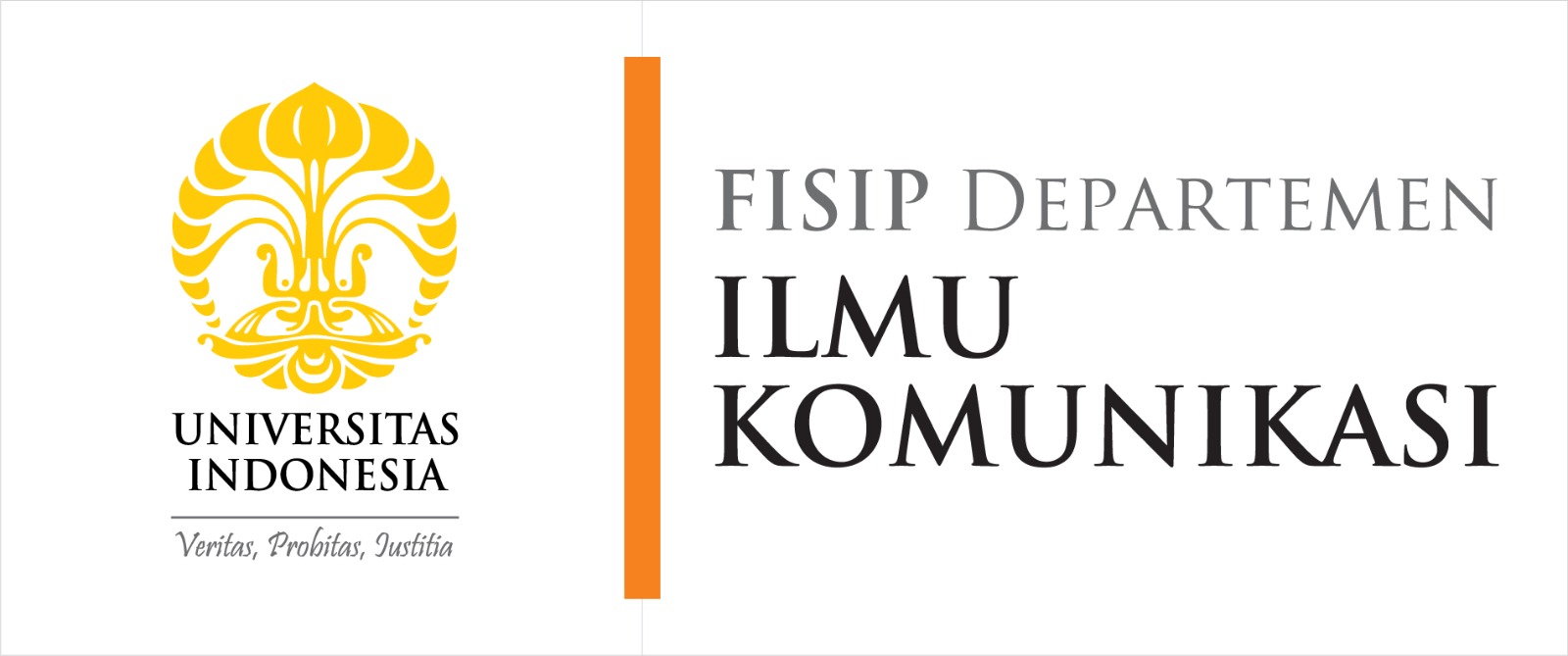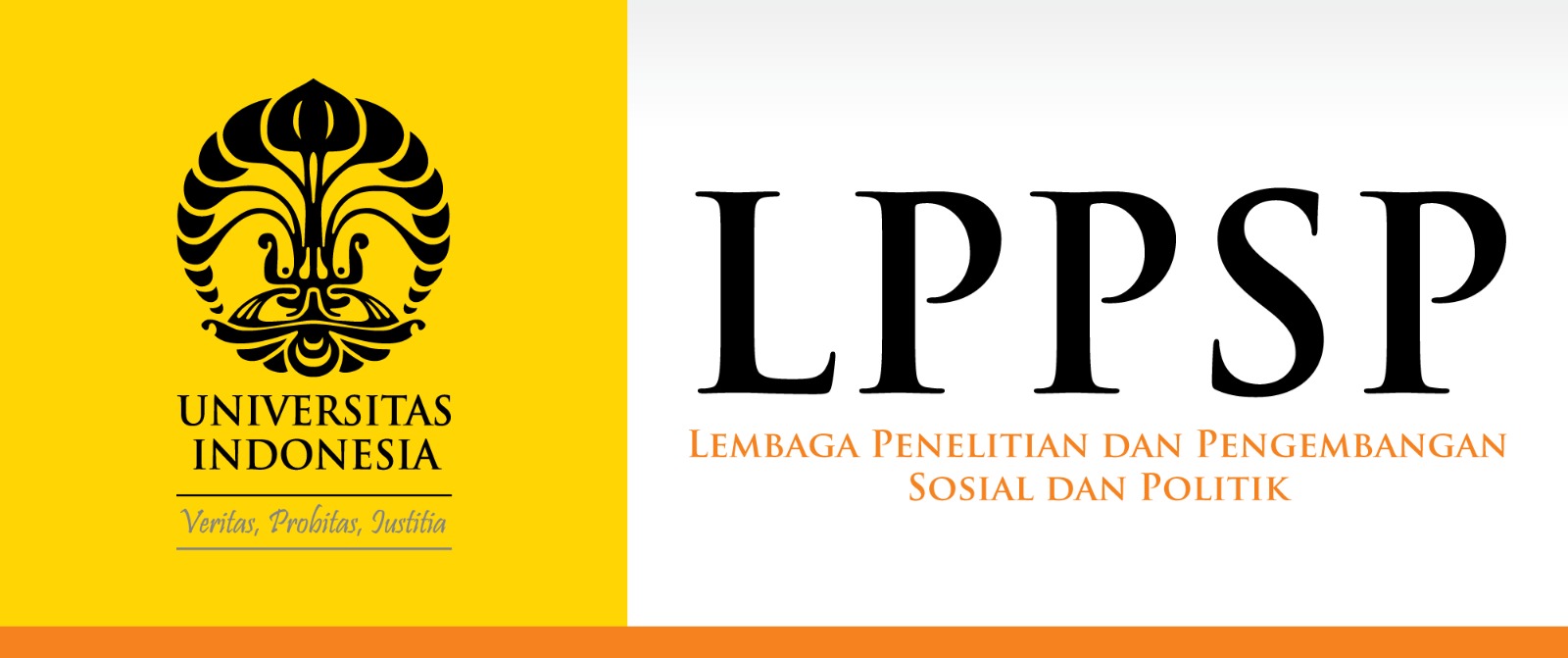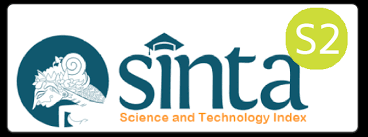JURNAL KOMUNIKASI INDONESIA
Abstract
Penelitian ini bertujuan untuk memahami bagaimana seorang pemimpin daerah di era desentralisasi saat ini menciptakan hubungan interaktif dengan masyarakatnya dan membangun kepercayaan mereka. Penulis melakukan pengamatan berperan-serta terhadap Walikota Surakarta (Solo) Joko Widodo (Jokowi) menggunakan bingkai teori dramaturgi Erving Goffman, yang memanfaatkan metafor teater untuk menganalisis perilaku manusia (Mulyana, 2010, h.106). Penulis mendapati bahwa melalui sikap yang tidak selamanya konsisten dengan pemahaman dramaturgi, Jokowi telah melaksanakan berbagai strategi komunikasi politik di Kota Solo.
This study aims to understand ways local leaders develop an interactional relationship to induce their faith on their people and voters. For the purpose of the study, city mayor Joko Widodo (Jokowi) of Surakarta (Solo) was observed using the framework of Erving Goffman’s Theory of Dramaturgy, which employs the metaphor of theatre to analyse human’s behavior (Mulyana, 2010, h.106). Through analysis, the study elicits Jokowi’s political communications strategy that is not consistently aligned with the dramatugical assumptions.
References
Arief, H. (2011). Permanent campaign: strategi marketing politik (studi kemenangan Jokowi pada Pemilukada Kota Surakarta tahun 2010) (Tesis). Universitas Indonesia, Jakarta.Astuti, S.J.W. (2009). Meluruskan demokrasi lokal, menggagas
kepemimpinan daerah yang ideal di era Pilkada langsung. Dalam A. Pramusinto & E.A. Purwanto (Eds.), Reformasi birokrasi kepemimpinan dan pelayanan publik (h.175-198). Yogyakarta: Gava Media, JIAN- UGM, MAP-
UGM.Barnhart, A. (1994). Erving Goffman: The Presentation of Self in Everyday Life. Diakses tanggal 1 Juni 2012 dari http://employees.cfmc.com/adamb/writings/goffman.htmBergh, S. (2004). Democratic decentralisation and local
participation: a review of recent research, Development in Practice, 14(6),h.780-790.Budiarti, R.T & Achmad, G. (17 Agustus 2011). Gerbang Jawa Barat yang sehat. Gatra, h.118-122.Diamond, L. (1997). Is the third wave of
democratization over? – an empirical assessment (Working paper). Kellogg Institute, Indiana.Gardner, W., & Avolio, B. (1998). The charismatic relationship: A dramaturgical perspective, The Academy of Management Review, 23(1),
h.32-58.Goffman, E. (1956). The presentation of self in everyday life. Edinburgh: University of Edinburgh.Griffin, E. (2000). A first Look at Communication theory, 4th ed. Boston: McGraw-Hill Higher Education.Huntington, Samuel P.
(1991). The third wave (democratization in the late twentieth century). Norman and London: University of Oklahoma Press.Widodo, Joko. Wawancara pribadi, 13 Februari 2012, SoloWidodo, Joko. Wawancara pribadi, 14 Februari 2012,
SoloWidodo, Joko. Wawancara pribadi, 16 Februari 2012, SoloWidodo, Joko. Wawancara pribadi, 22 Februari 2012, SoloKivisto, P. & Pittman, D. (2007). Goffman's dramaturgical sociology: personal sales and service in commodified
world. dalam P. Kivisto (Ed.), Illuminating social life: classical and contemporary theory, 4th ed (h.271-290). Thousand Oaks: Pine Forge Press.Kotler, P. & Kotler, N. (1999). Political marketing: generating effective candidates,
campaigns, and causes. Dalam B. Newman (Ed.), The handbook of political marketing (h.3-18). Thousand Oaks: SAGE Publications.Lilleker, D. (2006). Key concepts in political communication, 1st ed. London: SAGE
Publications.Medlin, A.K. (2008). Bargain Theater. A Dramaturgical Analysis of a Flew market (Tesis). Auburn University, Auburn.Mulyana, D. (2010). Metodologi penelitian kualitatif: paradigma baru ilmu komunikasi dan ilmu sosial
lainnya. Bandung: Remaja Rosdakarya.McNair, B. (2003). An introduction to political communication, 3rd ed. London: Routledge.Newman, B. & Perloff, R. (2004). Political marketing: theory, research and applications. Dalam L. Kaid
(Ed.), Handbook of political communication research (h. 17-44). New Jersey: Lawrence Erlbaum Associates.Nimmo, D. (1989). Komunikasi politik: komunikator, pesan dan media. Bandung: Penerbit Remadja Karya.Riyadi, M. A. (17
Agustus 2011). Solo nanti: kota dalam hutan. Gatra, h. 102-106.Shapiro, S.P. (2005). Agency theory, Annual Review of Sociology, 31, h.263-284.Swanson, D. (2004). Transnational trends in political communication: conventional views
and new realities. Dalam F. Esser & B. Preftsch (Eds.). Comparing political communication: theories, cases and challenges (h.45-63). Cambridge: Cambridge University Press.Thayrun, Y. (2012). Jokowi: pemimpin rakyat berjiwa rocker.
Jakarta: Mizan.UU No. 32 Tahun 2004 tentang Pemerintahan Daerah (20 November 2008). Diakses tanggal 1 Juni 2012 dari http://www.bappenas.go.id/node/123/19/uu-no-32-tahun-2004- tentang-pemerintahan-daerah-/Zuhro, R. S. et al (2009). Peran aktor dalam demokratisasi. Yogyakarta: Penerbit Ombak.
Recommended Citation
Indrananto, Cahyadi
(2012)
"Dramaturgi dalam Komunikasi Politik Walikota Solo Joko Widodo,"
JURNAL KOMUNIKASI INDONESIA: Vol. 1:
No.
2, Article 3.
DOI: 10.7454/jki.v1i2.7817
Available at:
https://scholarhub.ui.ac.id/jkmi/vol1/iss2/3
Included in
Gender, Race, Sexuality, and Ethnicity in Communication Commons, International and Intercultural Communication Commons, Social Influence and Political Communication Commons




